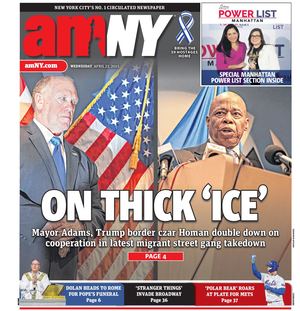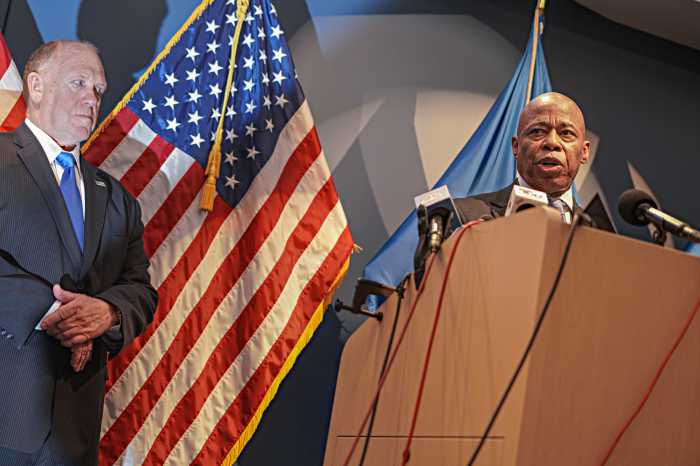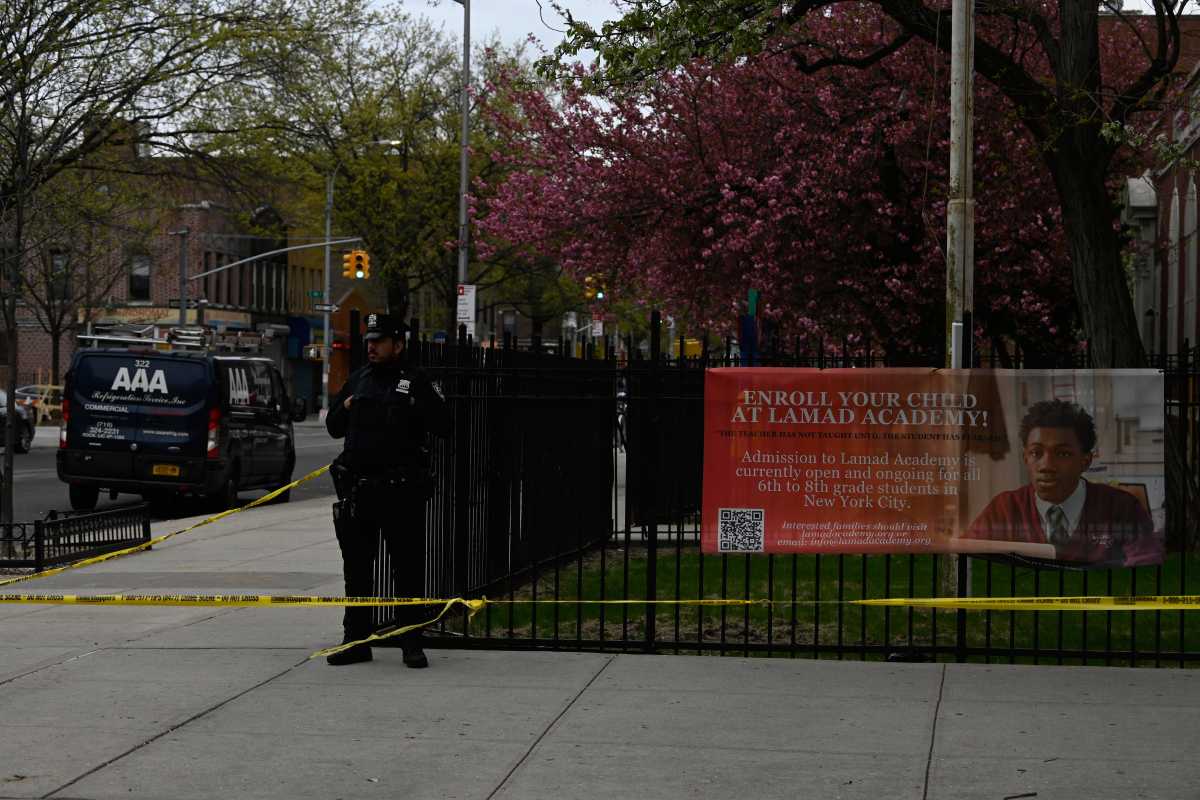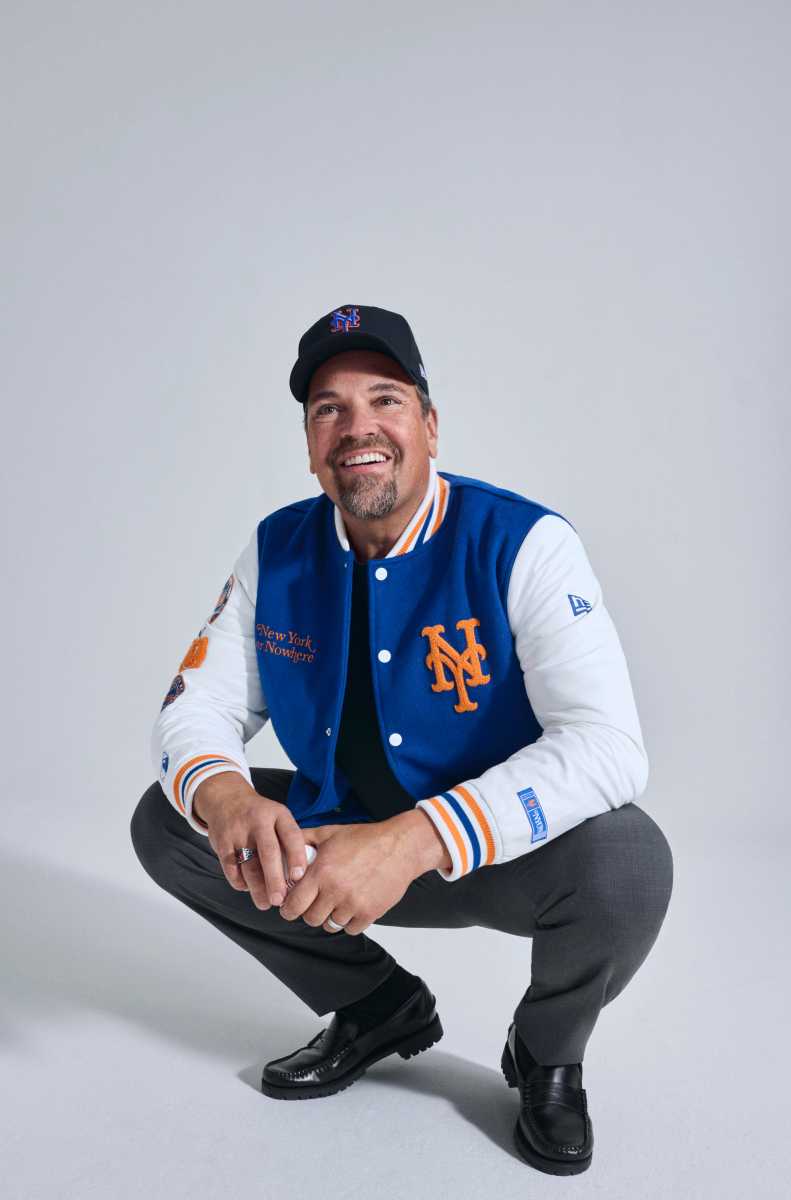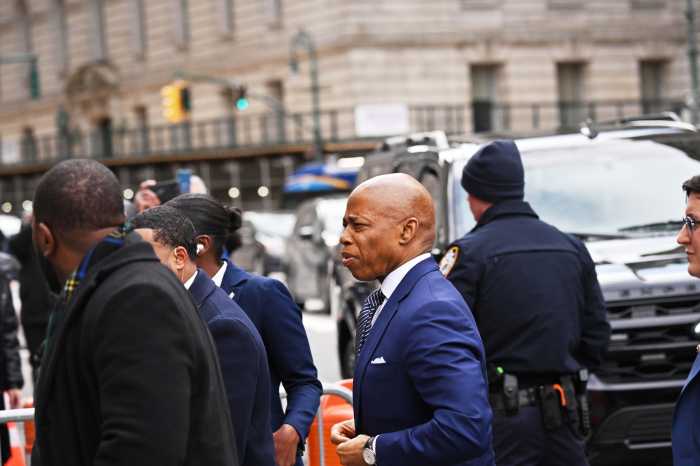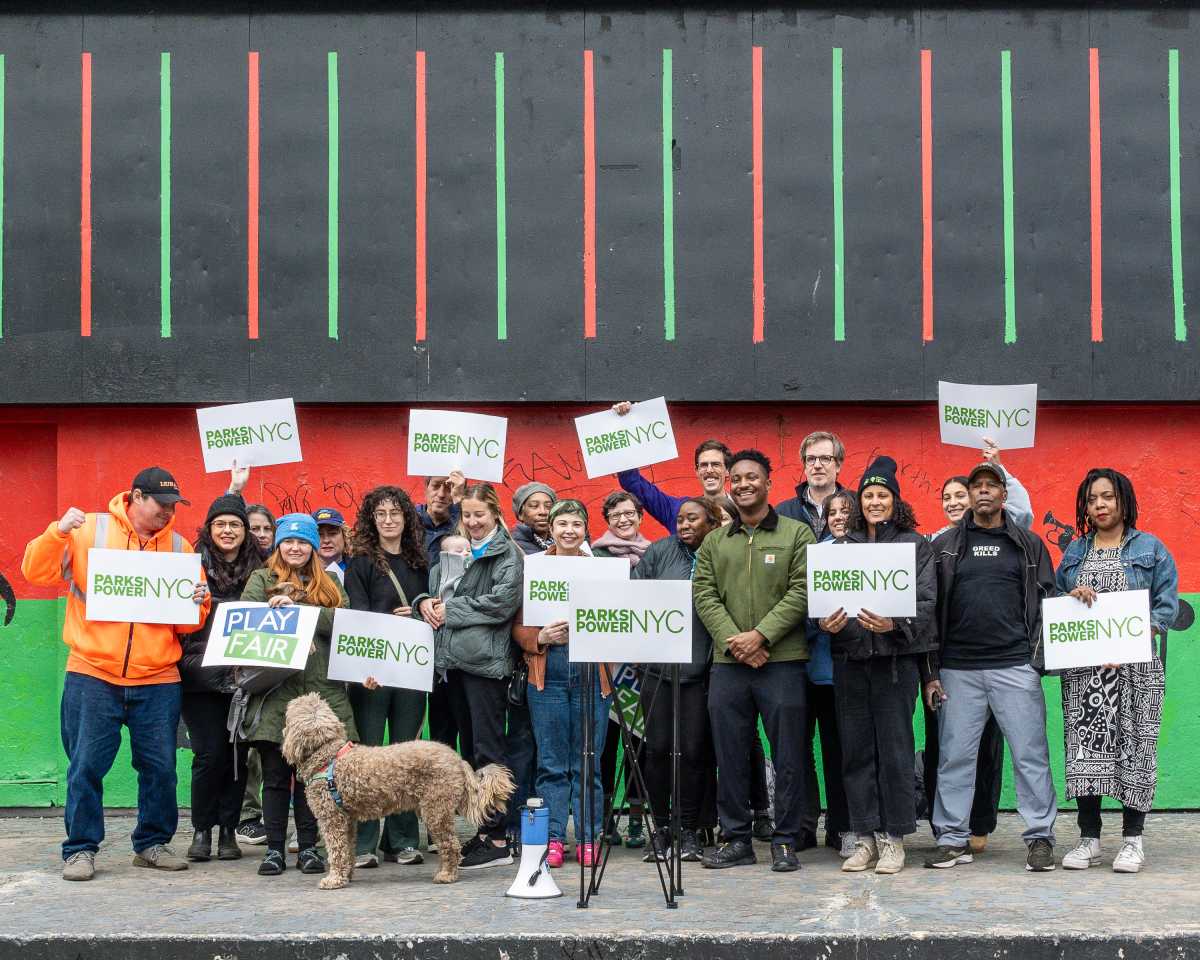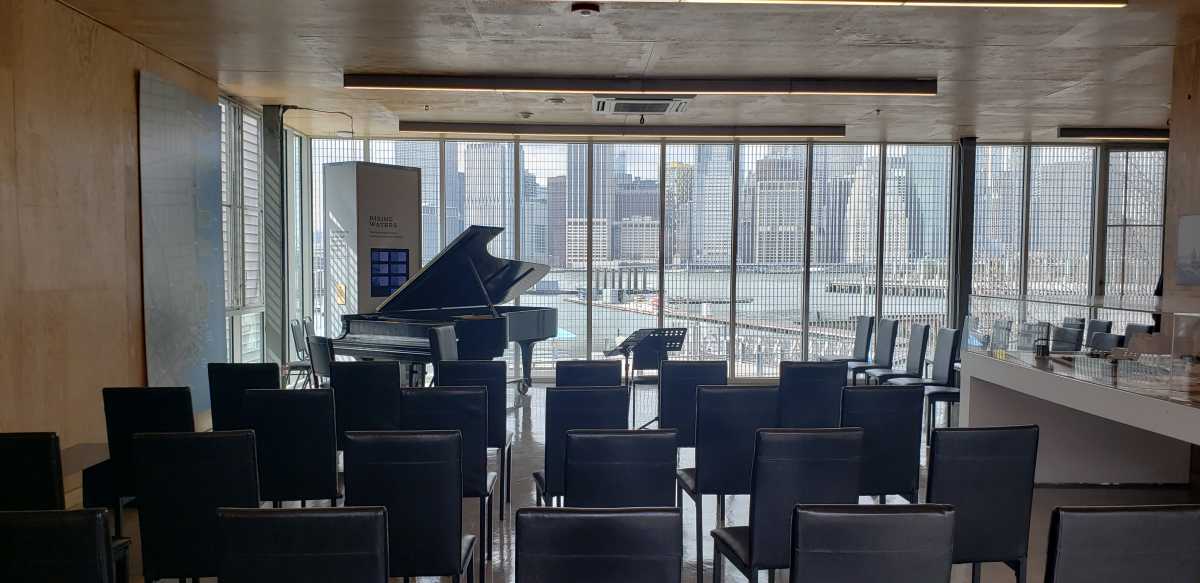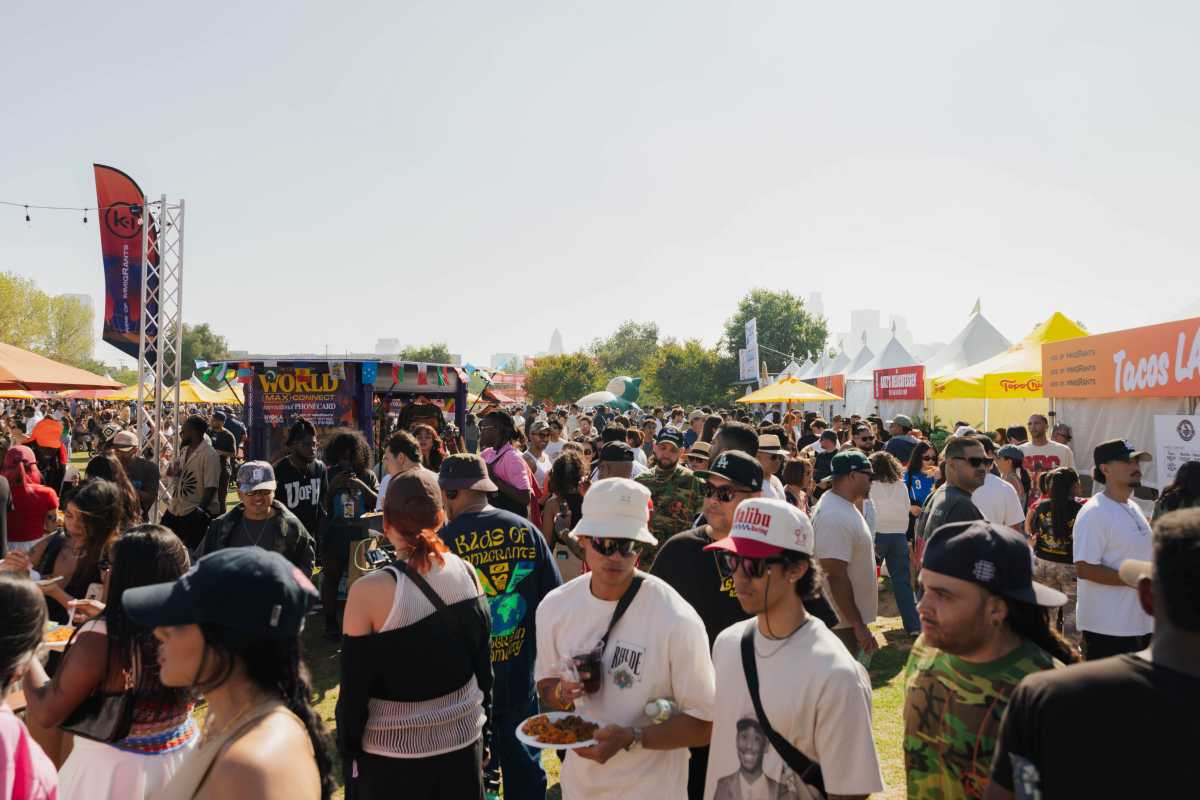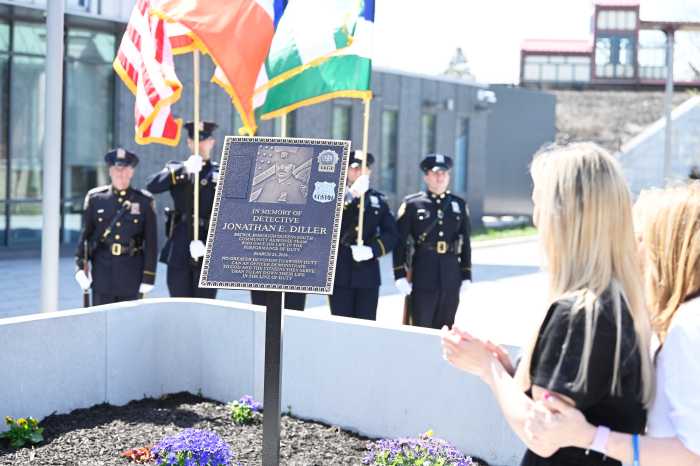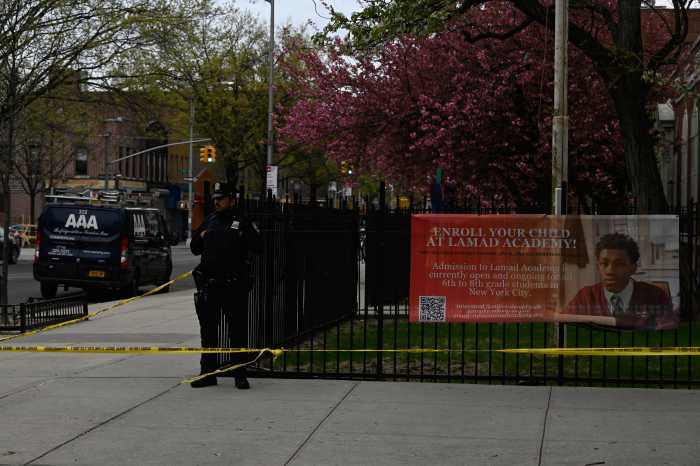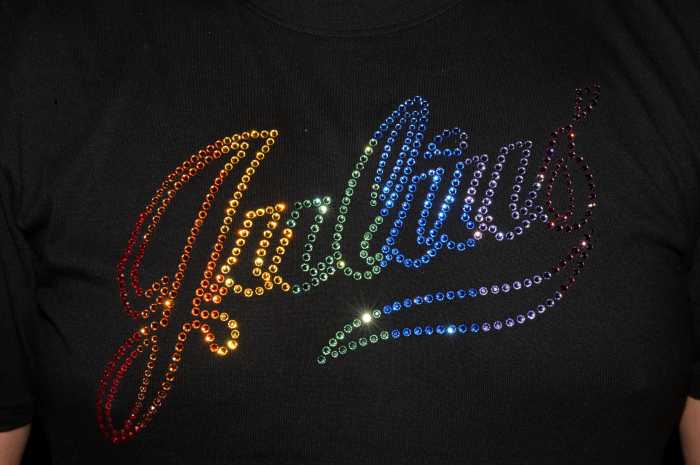
NYPD cadet Austin Hua’s endurance will be tested this month as he undergoes intensive military, firearm and physical police training at the city’s sprawling 30-acre state-of-art police academy in College Point, Queens.
Hua enters the police academy with no reservations on his chosen profession. He comes prepared with a four-year college degree, two years experience at a local precinct and a heartfelt vision for meaningful public service — all amid a national crisis of deteriorating police and community relations.
“I like to help people,” said Hua, 22, of Manhattan. “I am learning to always be courteous and have respect and definitely always show restraint and patience. . . . It’s about helping the community when people are in trouble and not walking away.”
Hua spoke just days before entering the NYPD’s police academy, motto, “Preparing the Finest.”
The $865 million training facility has a college feel. Its shiny marble floors evoke a feeling of streamlined efficiency and professionalism that impressed Hua, who is one of 583 college-educated cadets being groomed to become the future brass of the NYPD.
“My goal is to experience every single rank and try new things and one day be captain of a precinct,” said Hua, who has a criminal justice degree from John Jay College. NYPD college cadets can receive up to $20,000 in tuition assistance; a part-time job while in school; and a full-time summer job in various NYPD departments. The jobs pay $15 an hour. If a cadet graduates and declines a position with the NYPD, he or she must repay the money to the academy.
Last year, $10 million was infused into the cadet program in hopes of bringing in a higher caliber of police officers. This year, the program has the highest number of enrolled cadets, hailing from 37 countries and speaking 39 languages.
The program wants to entice college students from public and private colleges across the city, Westchester and Nassau counties. The program’s mission is to sensitize 21st century police officers with the belief that a college-educated cop will improve community policing, said Insp. Michael McGrath, who runs the program. “Millennials are more sensitive and are searching for careers that have purpose,” he said, and not just careers with a paycheck.
Dressed in crisp, light blue button down shirts and navy pants and ties, the more than 30 college cadets snapped to attention when McGrath entered the classroom auditorium of wall-to-wall sun-drenched windows. McGrath saluted the students, who responded with shouts in unison of “Good afternoon, sir!” McGrath offered good wishes to cadets, who are ready for the police academy. McGrath, who later touts the program’s 93 percent graduation rate, said with a smile: “There are colleges out there that would kill to get this rate.”
McGrath, who sounds more like a college president than a police official, said the key to getting qualified cadets is to “ask them what can we do for you?” Cadets in the program are encouraged to pursue bachelor’s and master’s degrees other than criminal justice. “Accounting, sociology, psychology, journalism . . . you name it,” McGrath said.
Former NYPD Commissioner Ray Kelly, who was enrolled in the first cadet program in the 1960s, said he remembered when there were students from New York University and Columbia University. “The more education a police officer has the more sensitive and more aware they are. Having a college degree is more significant than ever before. . . . An educated work force, like any other profession, with world-class training, will go a long way to improve the level of performance.”
“I want to make a difference in the department,” said cadet Drew Bey, 22, of Rosedale, Queens. “I want to go to the top and be police commissioner.” Bey said he has wanted be a cop since he dressed in his father’s NYPD uniform as a child.
Bey, also a John Jay College graduate, attended the Law Enforcement and Public Safety High School, where he learned about forensics. And for the past two years, he has been taking complaints, including domestic violence complaints, at a Manhattan precinct. The experience, he said, has taught him that there needs to be for more emphasis on community policing and “interaction with neighborhoods and communities.”
“As a cadet you are treated like a police officer,” Bey said. “I am grateful to be in this position where I can actually succeed in my life.’’”
